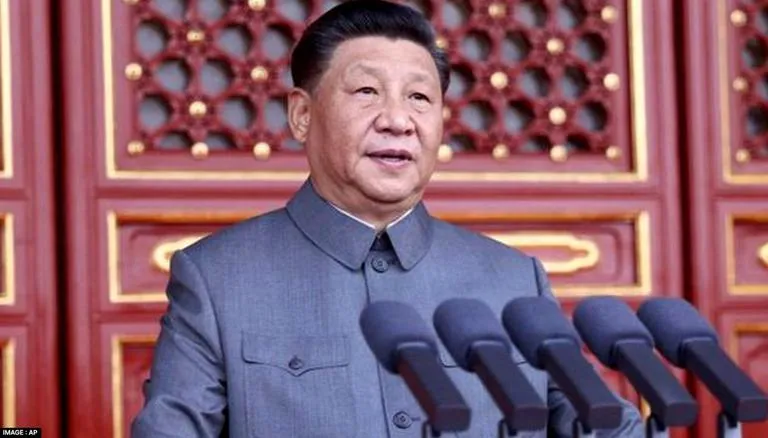With around one billion internet users and a vast surveillance network, China is rapidly becoming the biggest part of the ‘datasphere’. According to a report by Nikkei Asia, one projection by Seagate a few years ago estimated the nation’s annual data generation would reach 48.6 Zettabyte (ZB) by 2025, or nearly 28 per cent of the global total.
As part of an overhaul of state and party institutions that is certain to alter China’s economic and political landscape for the foreseeable future, the Chinese Communist Party (CCP) and President Xi Jinping are taking steps to tighten their control over that data and profit from it commercially.
According to reports in Nikkei Asia: “Beijing unveiled its plans for stronger control over not only data but also technology development, finance and society as its annual rubber-stamp parliament session. Taken together, the reforms appear designed to further concentrate power in Xi’s hands as he begins his third term as president.”
Many of the moves are a continuation of the power consolidation that has occurred since Xi assumed office in 2012. They represent Beijing’s top concerns in the face of mounting pressure from US export restrictions, threats to financial stability, and sluggish economic growth.
In order to keep up with the modern state and economy, China’s bloated state institutions underwent five-year reform cycles along with changes in the government for many years. Reforms under Xi, however, have traditionally given the CCP more prominence. A number of new organisations, including ones to oversee China’s financial sector, a commission led by the CCP tasked with ensuring technological self-reliance, a national data bureau to promote the nation’s digital economy, an agency to interact with the general public, and another agency to oversee Hong Kong and Macao, are included in the most recent restructuring.
Xi Jinping calls for reducing dependence on foreign tech
According to reports, the Chinese Communist Party (CCP) and President Xi Jinping has been calling for reducing dependence on foreign tech, clearly feeling the squeeze from US restrictions on the supply of advanced computer chips to China. To counter this, the CCP will lead a central science and technology commission.
Experts likened the initiative to China’s quest for nuclear weapons, which made it the first Asian nation to successfully test an atomic bomb in 1964.
Deng Yuwen, the former editor of the CCP Central Party School’s journal Study Times, said: “The formation of the central science and technology commission means Xi is using the same model as Mao Zedong when China possessed nuclear capabilities in the 1960s.” The main idea, he said, is “mobilising nationwide resources to achieve breakthroughs”.
“From Xi’s perspective, if he doesn’t consolidate power, it will be difficult for him to accelerate projects that he prioritises,” experts say.
Reports suggest that in recent years, Beijing has introduced laws on data security and personal information protection. Now it believes it is sitting on an economic gold mine. Notably, the growing trove of zettabytes is seen as another means to gain a global edge.
In 2021, China’s digital economy reportedly reached 45.5 trillion yuan (USD 6.6 trillion), double the size in 2016, according to the China Academy of Information and Communications Technology, a government research institute.

